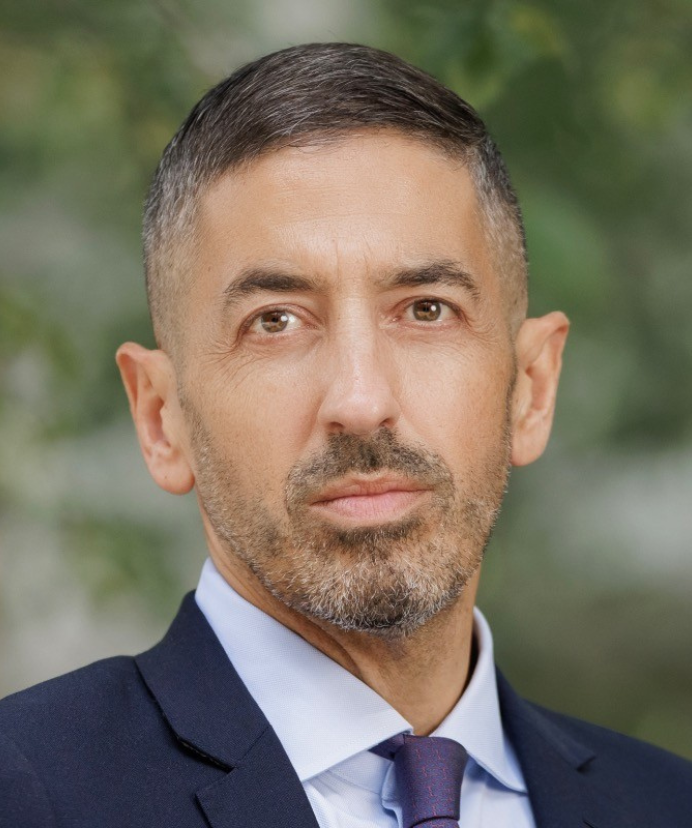Now What?
As we reflect on the past year, and the essays we have written as the pandemic has evolved, we see how much we had to apprehend, and how much we still have to learn.

Read Time: 4 minutes
Published:
Nearly two years into the Covid-19 pandemic, we conclude this series of The Turning Point essays in Public Health Post, by asking: what comes next?
Nearly 800,000 Americans, more than 5 million people worldwide, have died of Covid-19. More than 250 million people have been infected across the globe. The health effects of long- Covid remain unclear but will likely affect millions worldwide. It is clear that the health consequences of the economic and social upheaval due to Covid-19—mental illness, drug overdose, higher death rates from heart disease—will stay with us for years to come.
And, of course, none of this is quite over yet. As we write, the pandemic remains with us, with cases among the unvaccinated on the rise throughout much of the U.S., and the pandemic in various stages of ebb and flow in countries around the world. An unprecedented global effort to vaccinate as many people as possible has had successes, notably an historic rapid development of safe and effective vaccines delivered to billions of people in record time, and many failures, notably the patchy delivery of vaccines to low-income countries, and the uneven distribution of vaccines within high-income countries.
Now what?
It would be a fool’s errand to predict the precise contours of this pandemic. If nothing else, the past two years have been characterized by a series of mis-estimations of the course of the disease, alternating hope that the pandemic would be behind us soon only to be dashed by resurgence or variants, with mounting numbers of new infections. The pandemic has taught us that it is a complex mix of viral dynamics and human behavior that determines the burden of the disease, and that efforts at predicting what is around the corner are at best informed guesses.
But what we do know is that the moment has much to teach us, and that if we learn the right lessons we will, in the coming years, be better prepared to deal with the next pandemic.
One lesson has been that we should resist the temptation to think that there is in our midst an elusive simple solution to our predicament. Complex systems resist simple answers.
Wisdom lies in the humility to recognize that future success is not only in getting to better vaccines, faster, as it is in ensuring that we have a healthier world that is resistant to new pandemics in the first place. Much of what we got wrong these past two years was due to an inattention to health that long predated Covid-19.
As we reflect on the past year, and the essays we have written as the pandemic has evolved, we see how much we had to apprehend, and how much we still have to learn. We look forward to the public conversation evolving, allowing us to do so. As part of our own learning, we now pause these essays to think a bit, and to turn our attention to sharpening our thoughts into a book.
Thank you to all who have read these essays during 2021, to all who have emailed us with comments, disagreements, suggestions. We have learned from all of you, and we much look forward to continuing to do so in coming years.
Warmly,
Michael Stein & Sandro Galea
As we re-emerge from the pandemic, 2021 stands to be a turning point year for public health. In The Turning Point’s weekly essays, we reflect on what we learned during 2020, and what we are learning during 2021, that can guide us to the creation of a better, healthier world.
Photo via Getty Images




